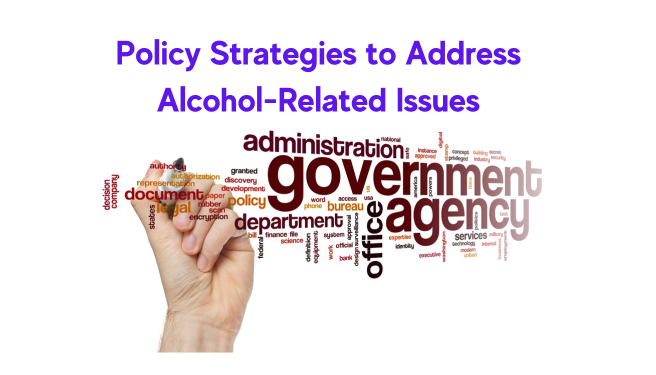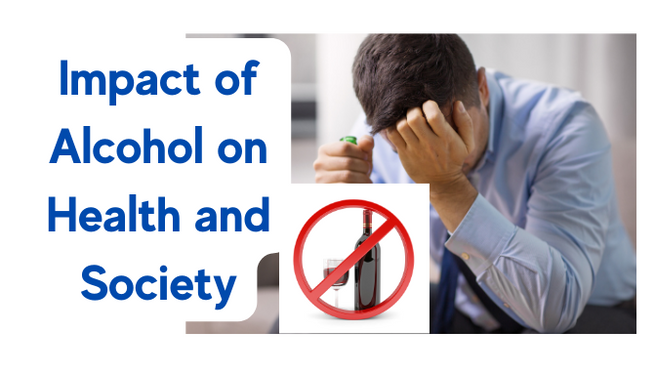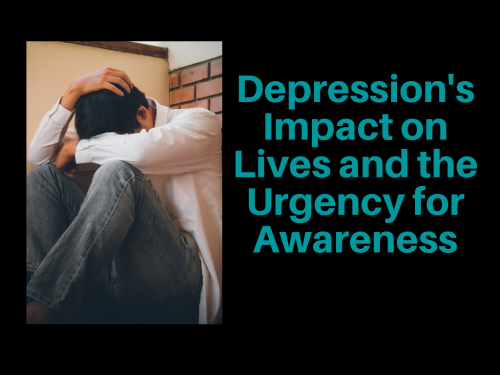Introduction: Alcohol consumption can lead to various health, safety, and socioeconomic problems. However, governments have the power to reduce these issues by implementing effective and well-thought-out policies. This article explore strategies that policymakers can adopt to create positive change.
Effective Policy Strategies:
- Regulating Alcohol Marketing: Governments can regulate how alcoholic beverages are marketed, especially to younger people. This helps control the influence of alcohol advertising, particularly on vulnerable populations.
- Restricting Alcohol Availability: Controlling and restricting the availability of alcohol is another impactful strategy. This can involve setting limits on sales and ensuring that alcohol is not easily accessible, especially in areas with a high risk of alcohol-related problems.
- Implementing Drink-Driving Policies: Enacting and enforcing strict drink-driving policies helps prevent accidents and injuries related to alcohol consumption. This ensures the safety of individuals and the broader community.
- Taxation and Pricing Mechanisms: Governments can use taxation and pricing mechanisms to reduce the demand for alcohol. By making alcoholic beverages less affordable, they discourage excessive consumption, contributing to better public health.
- Raising Awareness: Increasing awareness about the health and social problems associated with harmful alcohol use is crucial. Education campaigns can inform individuals and communities about the risks, fostering responsible drinking habits.
- Support for Effective Policies: Governments should ensure that there is strong support for effective alcohol policies. This involves collaboration with various stakeholders, including communities, healthcare providers, and advocacy groups.
- Accessible Treatment: Providing accessible and affordable treatment options for individuals with alcohol-use disorders is vital. This support helps those struggling with alcohol-related issues to seek help and recover.
- Screening and Brief Intervention Programs: Health services can play a significant role by implementing screening and brief intervention programs. Identifying hazardous and harmful drinking early allows for timely interventions and support.
Conclusion: Governments hold the key to addressing alcohol-related problems by implementing and enforcing effective policies. By focusing on these strategies, policymakers can contribute to creating healthier societies with reduced health, safety, and socioeconomic issues related to alcohol consumption.
Reference: WHO
Other interesting articles:




